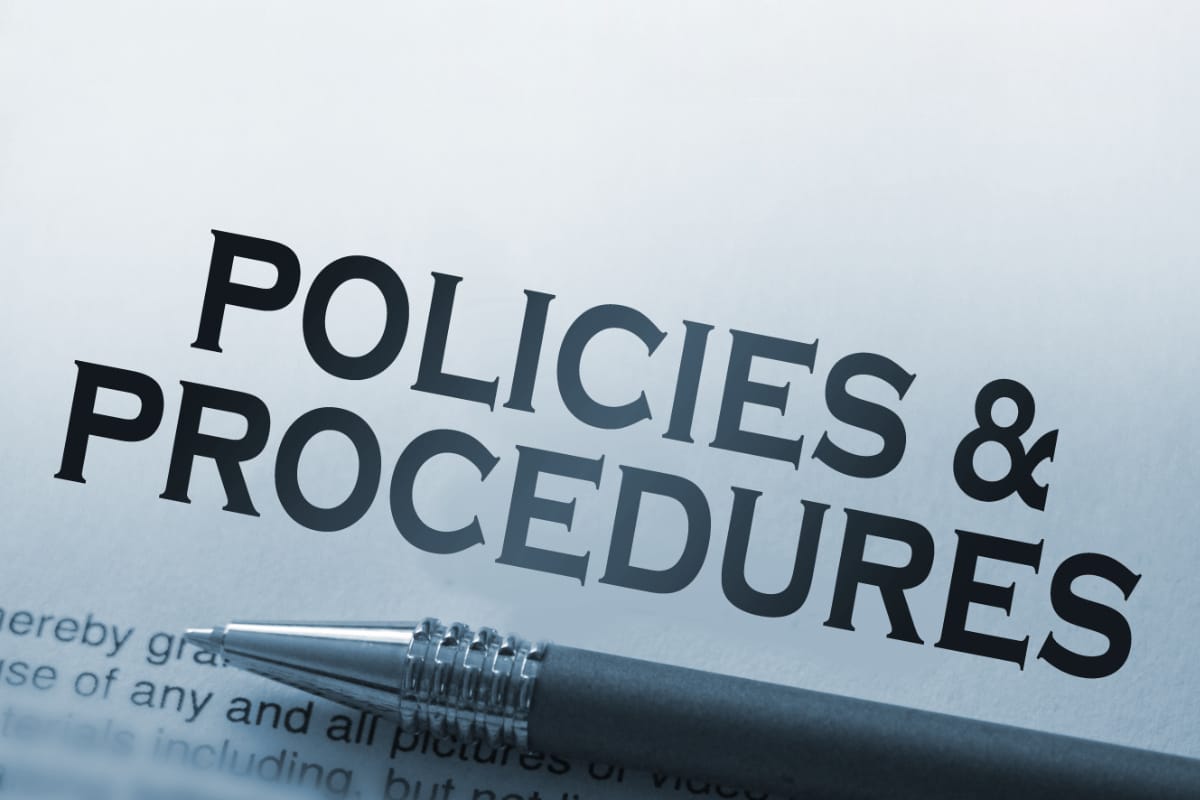Fines can be an effective mechanism for deterring violations and protecting the covenants of the community without committing a homeowners association (HOA) to expensive and lengthy litigation. Fines are also perhaps the most frequently, or most passionately, challenged actions of HOAs. If your HOA has the authority to levy fines, it can be prudent for your HOA to adopt a formal policy setting forth the procedure by which the fines will be levied, to include the notices and steps for the HOA to follow when fining and the amounts of those fines. This can help ensure consistent implementation of fining authority on the part of the HOA, and also create clear expectations for residents of the community. This article sets forth just a few considerations for HOAs to keep in mind in adopting, and enforcing, fine policies.
First, prior to adopting a fine policy, it is important to ensure that your HOA’s governing documents actually provide the HOA with the authority to fine.
In South Carolina, an HOA generally only has the authority to fine if the authority is set forth in the recorded articles, bylaws, or declaration of covenants of the HOA.[1] If your HOA’s covenants or bylaws do not properly provide the authority to fine or establish fines, then the HOA’s Board of Directors’ (Board) attempt to unilaterally provide that authority by way of a fine policy would be unlikely to be upheld in court. Therefore, prior to adopting an actual fine policy, an HOA without the authority to levy or establish fines would need to appropriately amend their governing documents to establish the authority to fine.
HOAs should be sure that any fine policy they adopt is fair and reasonable if they want their fines to be upheld in court. Reasonable notice is vital. At a minimum, it is generally a best practice for the policy to require that the homeowner be provided a written notice of the violation at issue along with a period of time to cure the violation before a fine is levied. If the fine policy is going to set forth specific fine amounts, then care should be taken to ensure that those amounts are not conscience-shockingly or disproportionately high.
There can also be such a thing as too much specificity.
Many HOA boards adopt very detailed and rigid fine policies with the best of intentions, to include cumbersome, drawn-out procedures and specific fine amounts for all kinds of specific violations. An overly ridged fine policy may end up frustrating the HOA’s enforcement efforts in practice. For example, a fine policy might set forth an enormous list of violations with corresponding fine amounts, but it is impossible to always foresee what types of violations might arise, and problems may arise when a violation does not fit neatly into one of those rigidly enumerated classifications.
It is important to note that if the HOA adopts a fine policy, the HOA is going to be held to that fine policy. This means, if the HOA deviates from its published policy, even accidentally, it is likely that a court would refuse to enforce those fines. This may also be another reason to ensure any fine policy is not overly rigid or confusing, as a confusing fine policy just increases the risk of the HOA accidentally failing to abide by that fine policy in the enforcement process. While the fine policy might make perfect sense to the Board that adopted the policy, it is worth keeping in mind that future Boards may not be as privy to the policy’s nuances. Continuity between successive Boards is important, but that is an entire topic in and of itself.
In closing, it is prudent to consult with your HOA’s legal counsel when adopting or evaluating an HOA fine policy, as the right fine policy for one HOA may not be the right policy for another, depending on each HOA’s specific governing documents and legal considerations. In any event, as discussed above, HOA fine policies should be reasonable and easy to understand and follow.
This article is not intended to be an exhaustive discussion of applicable law regarding HOA fining authority or fine policies, nor any guarantee of the outcome of any litigation regarding the same. Our attorneys at McCabe, Trotter & Beverly, P.C. are experienced and well-equipped to answer questions you may have regarding this topic. Please contact us at (803)–724–5000 for further information.
Lir Patrick Derieg
McCabe, Trotter & Beverly, P.C. blogs and other content are for educational and informational purposes only. This is not legal advice and does not create an attorney/client relationship between McCabe, Trotter & Beverly, P.C. and readers. Readers should consult an attorney to understand how this information relates to their personal situation and circumstances. You should not use McCabe, Trotter & Beverly, P.C. blogs or content as a substitute for legal advice from a licensed attorney.
[1] See Seabrook Island Property Owners Ass’n v. Pelzer, 292 S.C. 343, 347, 356 S.E.2d 411, 414 (Ct. App. 1987) (“a corporation may exercise only those powers which are granted to it by law, by its charter or articles of incorporation, and by any bylaws made pursuant thereto…”); see also Brown v. Spring Valley Homeowners Association, Inc., Not Reported in S.E. Rptr., 2016 WL 3595791 (Ct. App. 2016) (“The liability of a member of an association … for fines and penalties depends on his or her contract with the association as embodied in its articles of association or constitution and bylaws.”) (citing 7 C.J.S. Associations § 62 (2015)).

